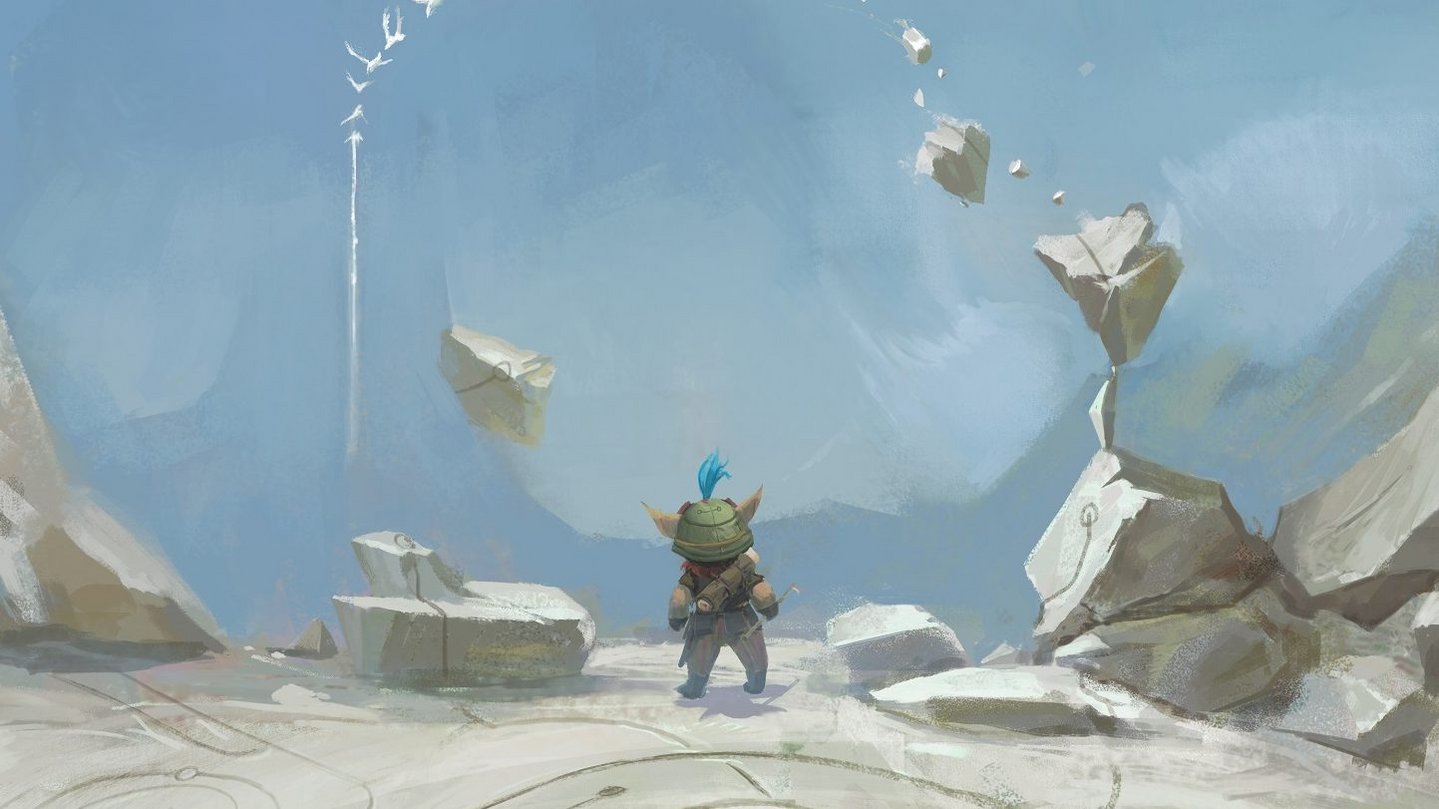A core goal for many organizations, of any size, is growth. Growth offers new opportunities, and often it offers additional resources as well. As a leader of an organization experiencing growth, you may find yourself seeking to turn fiscal resource into human resource. That prospect can be intimidating. Making the wrong hire can lead to weeks, or months, of headaches for you, your team, and the new hire. Making wise choices while preparing to hire can reduce the odds that this step leads to complications for your team.
In this article I will focus on four pieces of the hiring process: Identifying Need, Defining a Role, Identifying Good Candidates, and Interviewing.
Identifying Need
How, exactly, do you know when to grow your team?
Hiring new employees helps expand your company, shaping its future. Adding new faces to your team helps increase the velocity or capabilities of your company, eliminate single points of failure, and save time and money. This is a big step for any size company. Invest some serious time and energy into making sure you find the right hire.
But first, are you sure that you need to hire another employee? Consider the following questions:
Are you turning down work due to employee bandwidth?
Is there a new feature you need in order to stay competitive, but don’t have the velocity to deliver?
Are your users complaining about the pace of fixes and updates to the product?
Does emergent work push delivery dates for long term projects?
Do you remember the last time you went on a vacation?
Can your budget support new staff?
Answering these questions will begin to paint a picture of how much you would benefit from a new hire, and whether or not you could support their growth within your organization.
Defining a Role
Once you know that you would benefit from additional help (in a healthy way for your business), you will need to determine how to define that new hire’s role. If you don’t know what you’re looking for, how do you know when you find it?
Use the questions you answered when determining broad need to identify specific shortcomings in your current staff. Additionally, consider if you are creating one complicated role, or multiple simple roles. Make a list of the most important tasks you need help with, and either break them down into smaller roles, or bundle them for a larger role.
Once you have an idea of what type of help will solve the problems that you’ve identified, write the job description. Think about what kind of background and skill set will best serve this role and how much experience is needed for them to succeed. Consider how you would describe this role to a recruiter that does not understand your company. Keeping it simple will typically result in a higher rate of response from potential candidates.
The job description not only serves as a way for qualified candidates to apply for your position, but it also serves as a benchmark that you can measure your employee’s performance against in the future.
Things you need to have in a job description:
An overview of the company
Assume that the person does not know anything about your company. In 2-3 sentences explain what your company is, what are its goals and the current state of the company.
Example “We are H20FunTime, and we aspire to have the best waterparks in Europe. At this time we have 3 parks in operation with 200 employees. We are looking for talented individuals to help us expand into new markets.”
A summary of the role
You want to give your potential employees an overview of the job and what will be expected of them in the role. You should also include details about the location of the job, is remote allowed, and level of the role.
Qualifications
You can’t have everyone applying for a job, so make sure you list the core requirements you have for the abilities of the hire. Does this person need to be comfortable in a particular programming language, or have specific marketing experience?
Job duties
What is the employee going to be doing on a day to day basis? What level of responsibility for products and the company does the individual have?
How will they be measured for performance on these duties?
Identifying Good Candidates
Now that you have a JD crafted, the applications start rolling in, right? Right? Instead of yelling into the void looking for someone here are some suggestions for finding candidates.
Referrals from colleagues and friends.
These people know you and how you work, they can help find someone that is aligned with you.
Career sites and job posting boards
By using tools like these you can get your job description in front of as many eyeballs as possible.
Riot Games Developer Community Discord
Go to where the subject matter experts are. The developer community is filled with people looking to work on more things.
Interviewing
Now that you have most of the hard part over, you can begin to interview. However this can be tricky. Should you be looking for the candidate with the most experience, or one with less experience, but a great attitude? My recommendation is that you split your interviews into separate parts.
Begin with a preliminary interview with the candidate where you can get an initial sense of the candidate. This will allow you to review their work experience at a high level to determine whether they have the background to fill your role.
The culture interview comes next, when interviewing for culture you can discover if the candidate’s values mesh with your company values and find out what motivates them at work. In my mind this the most important interview. You can teach skills but if the person's values and motivations are opposite of the companies then it will be not be a successful hire. This is not to say that you should only hire people like yourself, you absolutely need a diverse set of viewpoints and backgrounds to succeed.
Skills testing comes last, the idea here is that you give a challenge that is very reflective of the work that the candidate will do on the job. During the interview ask questions about why certain steps were taken and how it could be improved. This is your way to discover the approach the candidate uses in doing work.
If your candidate has passed all of these interviews congratulations! Now it’s time for you to try and hire them!

